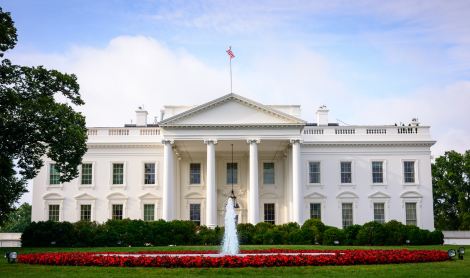Earlier this month, the Pennsylvania Legislative Budget and Finance Committee (LBFC) released a report titled “The Feasibility of Alternative Methods for Authorizing Charter Schools in Pennsylvania.” The report itself is a rare attempt by a state to take a step back and ask itself “What type of authorizers would be a good fit for our state?” Pennsylvania leadership deserves kudos for taking that step. It pulls from an array of sources (including NACSA) to present a survey of authorizing structures and practices and addresses specific policies that the Legislature has been talking about for years.
One of the most striking sets of findings is about Higher Education Institution (HEI) authorizers. The Committee contacted colleges and universities in the state and asked them “If the law allowed you to, would you be interested in authorizing charter schools?”
The overwhelming answer was no.
“The Chancellor’s Office reported that ‘a small percentage’ of their universities indicated they would consider authorizing charter schools. The majority of the SSHE universities, however, indicated they would not take on the responsibilities of authorizing charter schools, citing concerns such as potential costs and the risk of jeopardizing relationships with nearby school districts.”
I want to break this finding down, as it typifies lots of things going on within the charter movement right now. Parts of the charter community still advocate for the formation of new HEI authorizers as the preferred way to create a statewide, alternative authorizer. While it is true that HEIs can be great authorizers, we at NACSA—and others in the charter sector—have moved away from recommending them as the best new alternative authorizer and now recommend that states first consider a new Independent Chartering Board (ICB).
One reason is empowering HEIs as authorizers can be a false hope if those authorizers don’t materialize, an issue the report also identified. Contrary to assumptions, colleges and universities have traditionally been hesitant to take on the day-to-day oversight of charter schools. Of the 18 states that allow HEI authorizers, only 10 have active HEI authorizers.
A second reason is that, even when HEI authorizers do come on-line, they are rarely a significant alternative authorizer in their state and worse, can sometimes create more problems than they solve. Roughly three-fourths (74%) of HEIs in the country manage less than ten schools in their portfolio. These new small HEI authorizers sometimes confuse their role as authorizer versus that of a partner—they think their job as an authorizer is to save or assist a failing school, when in fact they should be holding that school accountable for its performance. Unfortunately, this can lead them to take on failing charter schools that other authorizers have tried to close, a phenomenon called authorizer shopping that has happened in places like Indiana, Michigan, Ohio, and Minnesota.
Following this report, I don’t want to pin my hopes for Pennsylvania’s charter sector on uninterested higher education institutions that would at most authorize only a handful of schools. I want the state to think bigger and broader. The state should consider an ICB, something that we and the Pennsylvania report recommends. It should also refresh some strong proposals that have been introduced by leadership that could have an immediate impact right now – proposals like instituting authorizer standards and renewal standards, closing failing charter schools, requiring performance contracts, and adopting provisions that strengthen authorizer transparency and accountability.
Let’s keep the conversation on authorizing going with a focus on how we can have quality authorizing now and in the future.


